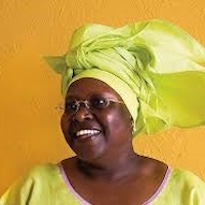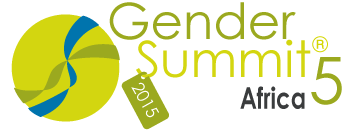Dr Elizabeth Rasekoala

Co-Chair, Pan-African Solidarity Education Network (PASEN), International.
Creating inclusive and integrated science and technology sector
Topic A: Benefits of STEM diversity in operation
Dr Elizabeth Rasekoala is the Initiator and Co-Chair of the Pan-African Solidarity Education Network (PASEN). PASEN’s membership currently includes members from 22 African countries, and the African Diaspora in the US, UK, Canada, the Caribbean Region, Brazil and Columbia. She is also the Co-Founder & Chairperson of Green Shift Africa; a founder member of SET4Women, the South African Government Reference Group on Gender, Science and Technology; and the Founder of the African-Caribbean Network for Science & Technology (ACNST). Dr Rasekoala is a chemical engineer with 20 years’ work experience in the Oil & Gas and Petro-chemicals industry internationally.
Dr Rasekoala has championed, advocated, researched, presented and written widely on diversity, socio-cultural inclusion and race and gender equality issues in STEM education and skills development, and has provided extensive advisory and consultancy expertise to governments and multi-lateral international organisations, over the past fifteen years. In delivering these various undertakings, she harnesses the uniquely multi-faceted diversity of her experience, skills and expertise from industry, the public sector and civil society, to address the multi-dimensioned complexity of disadvantage by race and gender in the scientific enterprise, and through robust, informative and insightful research, project management, and monitoring and evaluation, with strategic recommendations for key stakeholders, delivers public innovation in human capital development. In this regard, Dr Rasekoala has initiated and led the following current programmes on advancing gender equality in Africa:
- Women Advancement Forum-International Exchanges, Research and Academia in Nigeria (WAFIRAN), funded by the German Academic Exchange Service (DAAD) and hosted at the University of Ibadan, Nigeria. This training and capacity-building programme is soon to be expanded to other countries in the West African Region;
- Mainstreaming Gender and Socio-cultural Inclusion in Global Change Research, funded by the NRF and hosted at the HSRC, in South Africa. The outcomes of this innovative project have been presented to the African Union Commission (AUC) and the UN Economic Commission for Africa (UNECA), as a transformative good practice model for the continent.
